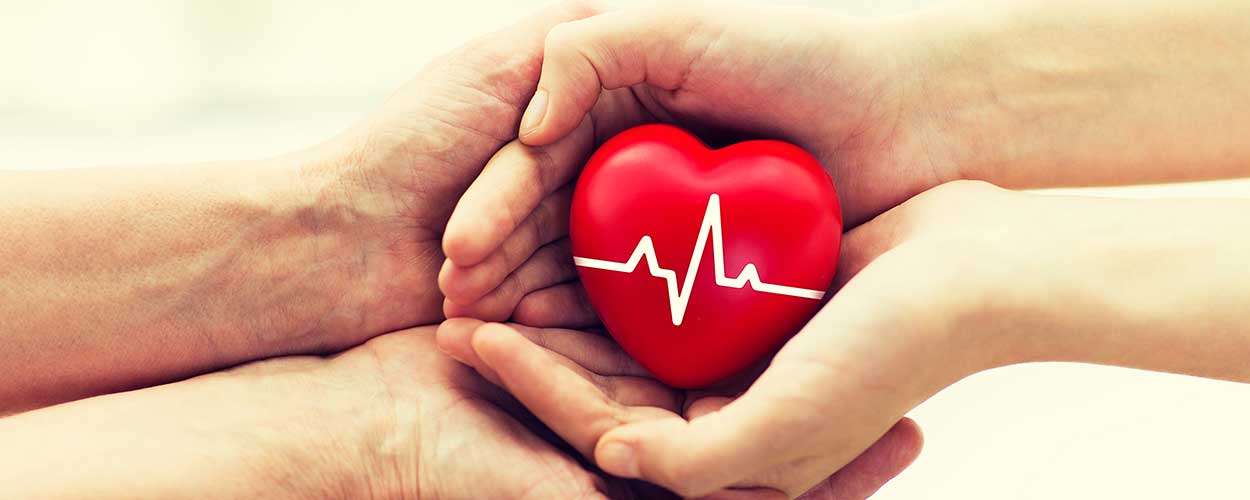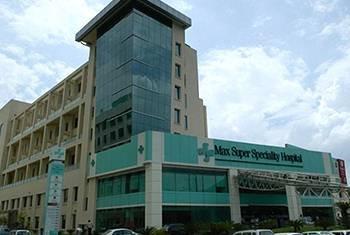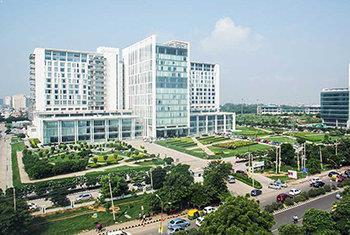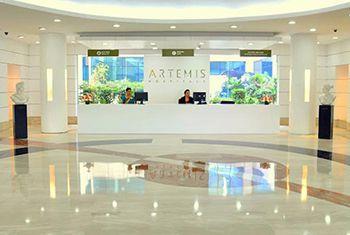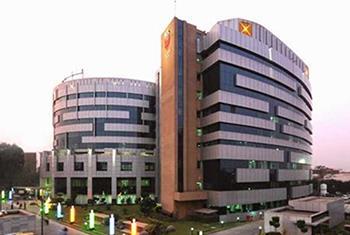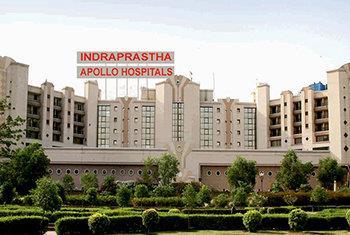Frequently Asked Questions About Heart Valve Replacement Surgery
Q. Is surgery preferable to just taking medicine?
In the early stages of valve disease, medications frequently assist, but as the condition worsens, they become less effective. Patients don’t have to put off having surgery until their symptoms are intolerable. In certain circumstances, having surgery before symptoms appear is preferable. Surgery is a significant choice that is based on one’s unique requirements. The patient, the cardiologist, and the surgeon all have a say in it.
Q. How much time will the valve function?
The duration of the valve repair or replacement relies on a number of factors:
- Age.
- Whether a heart valve replacement or repair is necessary.
- The valve type installed (for heart valve replacement).
- Mechanical valves seldom need to be replaced, but if a blood clot, infection, or tissue development prevents them from functioning properly, they may. It could be necessary to replace biological valves, particularly in younger individuals.
Q. Are they any disadvantages of minimally invasive heart surgery? Can we choose to have it?
The biggest negative is that, regrettably, not everyone qualifies for a minimally invasive heart procedure.
However, doctors are constantly looking for new ways to use minimally invasive heart surgery techniques, so as time goes on, more and more people will be able to gain from the therapy. Although minimally invasive heart surgery frequently requires more time in the operating room, the shorter hospital stay and speedier recovery make up for this.
Q. What is the difference between a tissue valve and a mechanical valve?
Both options have pros and cons. A mechanical valve lasts longer than a tissue valve, but to lower your risk of blood clots, you’ll need to take blood-thinning medicine for the remainder of your life. The major benefit of a tissue valve is that it frequently does not need to be treated with blood thinners for the rest of one’s life. The optimal course of action will be recommended for you by the heart surgeon based on your unique needs. The important thing is to select the valve that best suits your needs and ambitions.
Q. What is the durability of valves?
Some patients’ mechanical valves have operated trouble-free for up to 25 years. Some patients’ tissue valves have functioned without issues for up to 15 years.
Q. Is it safe to be exposed to x-rays after a valve replacement?
All replacement heart valves are completely safe with x-ray exams.
Q. How long does it take to resume back to normal activities after a heart valve replacement surgery?
The typical recovery time following valve replacement or repair is four to eight weeks, while less invasive techniques sometimes result in a quicker recovery. Several factors, including the type of valve repair or replacement you had, how you feel, how well your incision is healing, and the guidance of your doctor, will determine when you may resume your regular daily activities.
Q. Do heart valves have a sound to them?
Every mechanical valve emits some noise. A mechanical heart valve may make two separate clicking noises when it opens and shuts. That is typical.
